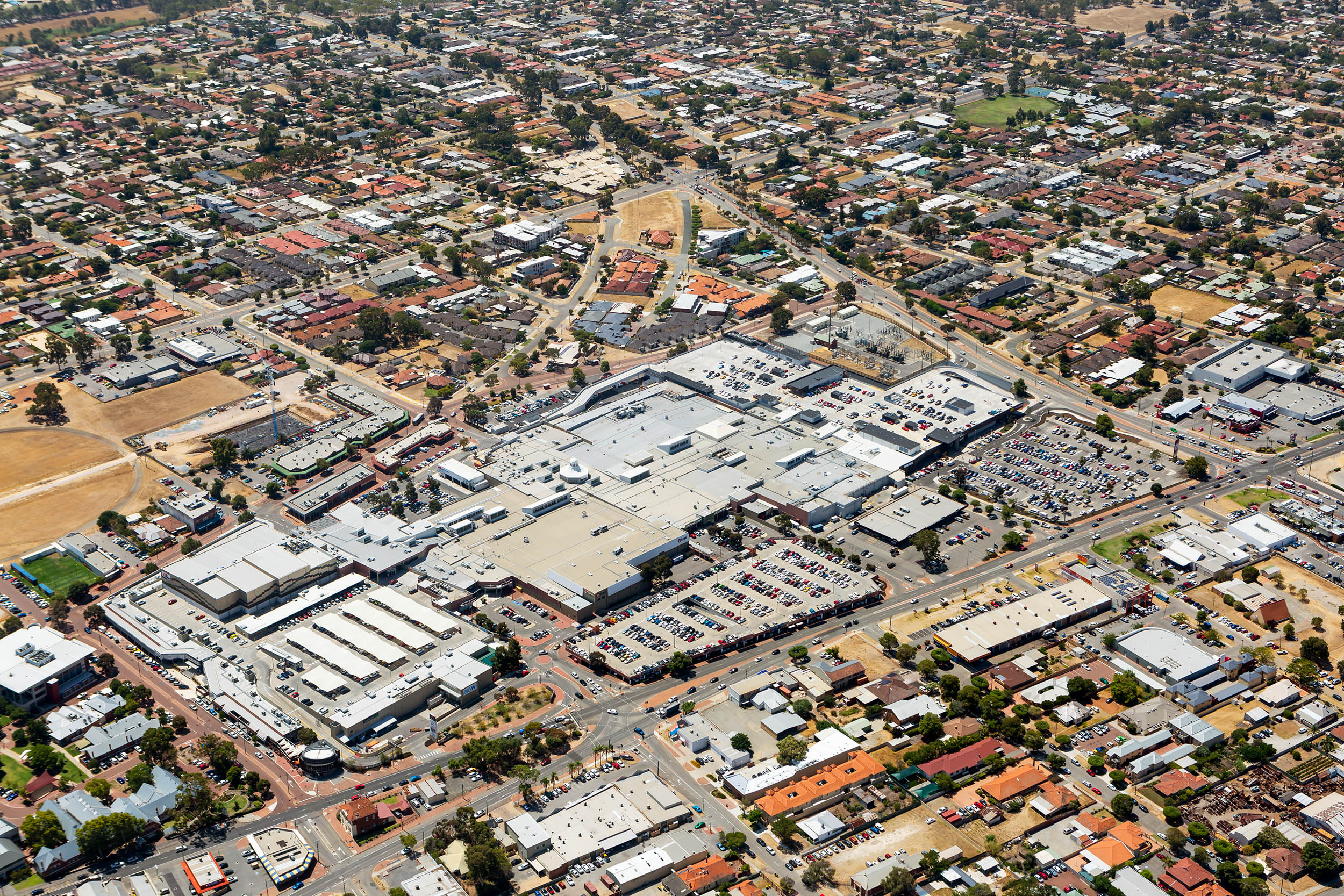Vicinity Offloads Mall After $100m Upgrade
ASX-listed retail property group Vicinity Centres has continued its $1 billion retail selldown, listing the largest regional shopping centre in Perth’s east, Midland Gate.
The Vicinity Retail Partnership, backed by the Future Fund and the Canada Pension Plan Investment Board, is cautiously revising its $15.8 billion retail portfolio after 25 years of rising shopping centre values, tipped to now be reversing.
Last year, Vicinity sold a half stake in Rockingham shopping centre, south of Perth, for $305 million to AMP Capital as well as a half stake in the $430 million Grand Plaza shopping centre in Brisbane’s Browns Plains to Invesco.
In its latest move, the diversified retail landlord has appointed JLL’s Australasian head of retail investments Simon Rooney to sell both the freehold interest and management rights in Midland Gate shopping centre.
Related: Deteriorating Outlook Hits Developers in Residential, Retail Sectors

The listed shopping centre, expected to draw offers in the vicinity of $650 million, is strategically positioned at the gateway to Perth’s burgeoning northern growth corridor, located on Great Eastern Highway between Perth’s premier wine region the Swan Valley and the Perth Hills.
Regional shopping centres in Perth are rarely traded, given their high rate of sales productivity relative to similar assets in other states.
Over the last decade, only three comparable transactions over $300 million have taken place, the last of which a one-third share in Karrinyup Shopping Centre in 2013, which UniSuper acquired from Westfield for $246.7 million.
“While retail investors are selective, high quality, core regional shopping centres with management rights are a highly unique offering and keenly sought, particularly those that sit in strategic population growth corridors, within the tightly held Perth market,” JLL head of retail investments Simon Rooney said.
The dominant and strong-performing regional shopping centre, which has recently undergone a major $100 million overhaul, expanding to approximately 69,000sq m of gross lettable area.
Long-standing anchor tenants Coles, Woolworths, Kmart, Big W, Target, and Ace Cinemas have been recently joined by Aldi, JB Hi-Fi and Rebel Sport as well as 35 speciality retailers, a new fresh food precinct an upgraded food court and a new Kmart store.
A structural shift in the shopping centre sector
As the Australian retail sector continues to flirt with an impending cyclical downturn in retail sales growth, many landlords are opting for revised long-term strategies to combat the disruption by online retail offerings.
The write down of existing shopping malls has been a recurring theme with a number of landlord giants, including Stockland, GPT and Scentre, looking to reposition funding into future-proofed retail projects centred around customer experiences.
Fewer spaces currently are being developed and devoted to department stores and more space is going to suppliers of food, cosmetics, specialty retail, cinemas and fitness facilities.
Mirvac had active in preparing for the turn in the retail property cycle since 2013 by selling non-core assets and investing in development pipelines in residential and industrial.
In June of last year, Vicinity announced its intentions to divest a number of sub-regional and neighbourhood shopping centres, with the proceeds from its non-core portfolio placed back into upcoming flagship development opportunities.
The retail landlord also formed a $1 billion wholesale fund with Singapore's Keppel Capital in order to forge a new network of potential investors, particularly from Asia.
In February, Vicinity devalued its $15.8 billion portfolio for the first time since it listed in 2011.














